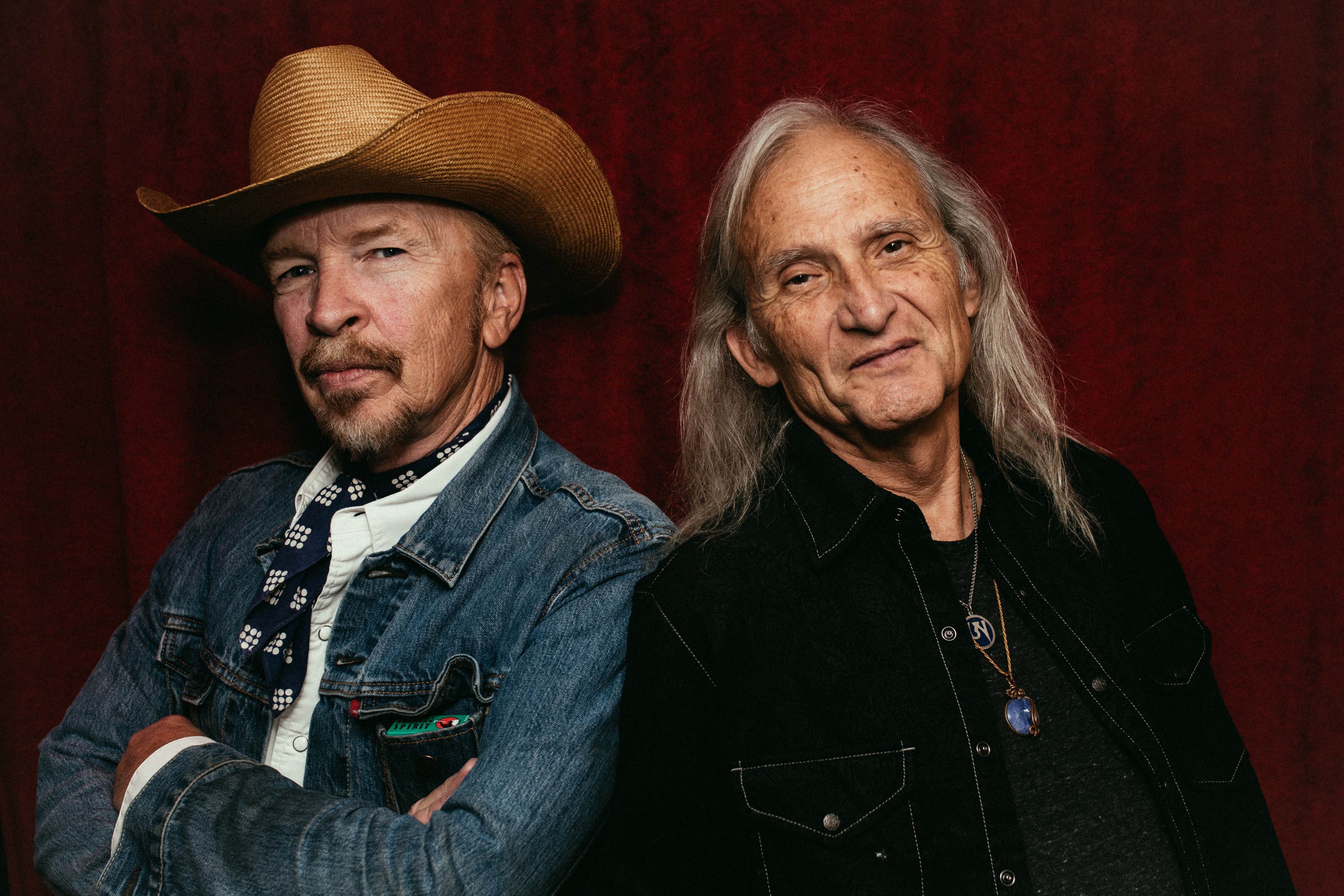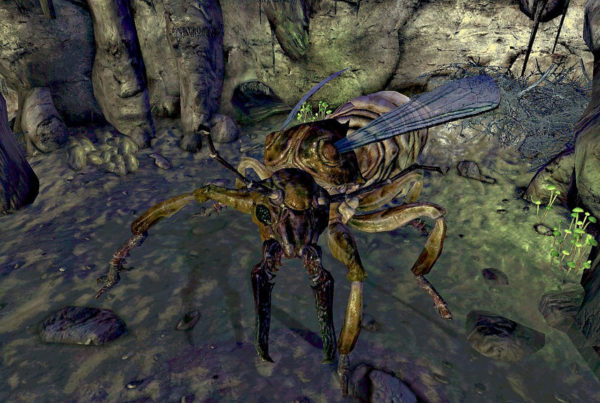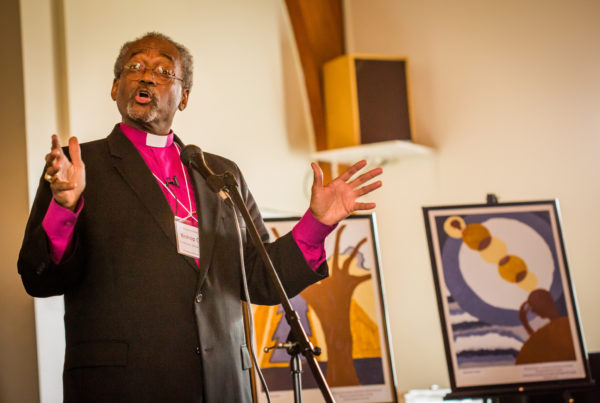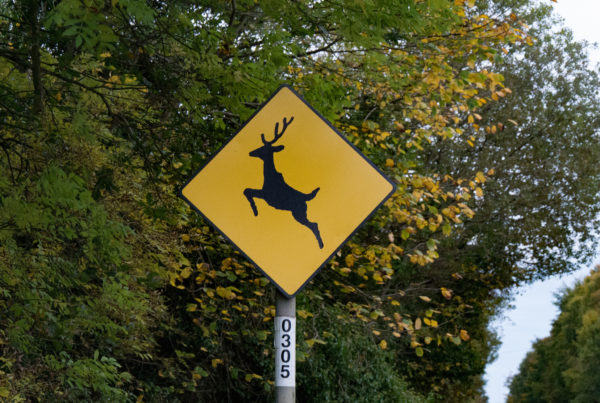There’s a case to be made that Texas is more southern than western. Others will insist that it’s much more the other way around.
Now two songwriters and guitar slingers, a Texan and a Californian – spiritual brothers separated by state borders – have come together for an album that celebrates the great southwest and its musical influences.
From Lubbock comes Jimmie Dale Gilmore, and from Downey, California, Dave Alvin. The title of their new album, “Downey To Lubbock,” came together easily. Getting them in the same room took over 25 years.
Each pursuing a successful solo career, their paths finally crossed when they shared the stage in Denton, Texas. Then came a show in Houston. Before long, Alvin realized, “We gotta get this on tape!”
“We both have this wide, kind of personal collection of songs,” Alvin says. “And I don’t mean just ones we wrote, but everything from old blues numbers, you know, whether it’s Blind Lemon Jefferson, to things like Merle Haggard, to Sam Cooke, to whomever, we just throw it at each other, and each gig would be different.”
“There was a big overlap in the stuff that we knew and loved,” Gilmore says, “so we would have maybe different versions, but we would know a lot of the same songs.”
Though Alvin’s been visiting Texas since 1980, he says his hometown in California was part of his southern inspiration.
“You know, the thing about growing up where I grew up in California, Downey’s down in the southeast corner of LA County. And when I was a kid it was still, you know, third rural, it was still orange groves and people on horseback and all that. But the thing is, when my brother Phil and I were discovering music, and we started following musicians around, older musicians, the diasporas that came out to California – both the Dust Bowl migration and then the African-American migration, during, right before and during World War II – most of them, you know, came from Texas and Louisiana, so the musicians we were following – T-Bone Walker, Eddie ‘Cleanhead’ Vinson from Houston. T Bone was from up in Oak Cliff – they brought the Texas and Southern culture, and the Southwest culture, into California. So by the time we got to Texas, it was like, we were coming to sort of like a mythical promised land. You know. It was like, ‘Oh my God, this was where Lightnin’ Hopkins stood on, you know, 1944, right here on this corner.’ You know. And there’s really – and I know this is controversial – we do have things in common.”
Both Texas and California, for example, claim Woody Guthrie as their own.
“You know, Woody, his background, musical background, was so related to my musical background,” Gilmore says. “And then his social conscience and awareness was something that, that I just, glommed onto. Woody is, in lots of ways, one of the greatest living – along with Lightnin’ Hopkins, Lightnin’ Hopkins was a primary influence.”
The album includes “two-and-a-half” original songs, but it also includes a lot of older material.
“Well I think it’s really because, since the inspiration for the record was what we were doing in our live shows, it was kind of all already there,” Gilmore says. “It was kind of ready-made.”
At the same time, he says, “I suspect that we probably will do some more collaboration, and probably a lot more original stuff.”
“Yeah, it’s difficult sometimes to write long-distance,” Alvin says, “but there’s, like, the, one of the songs is this thing called ‘Billy the Kid in Geronimo,’ and that was something I had kind of laying around, and I had the idea of, ‘Oh wow, you know, maybe Jimmie’s Geronimo and I’ll be Billy the Kid’. And then it was like, just fell right into place.”
On how they achieve their unique songwriting style, Alvin says, “It’s a mixture of everything. It’s the material, and then you have a voice like Jimmie’s, and then we made it the old-fashioned way. It’s everybody playing and looking at each other, you know, and that really creates kind of a, creates a mood, creates an organic mood, as opposed to building tracks up from a kick-drum, and layering everything on top of it.”
Gilmore says it also has to do with the unique qualities that he and Alvin share.
“We sound so different, and, we’re so different in so many ways,” he says. “But we both have a genuine enthusiasm for the music we do. And Dave being the producer, he brings the same fun and I think that it’s that feeling of fun, is in this whole record. It kind of, it captures something about the feeling of joyousness that’s what music is about, really.”
Written by Rachel Taube.















